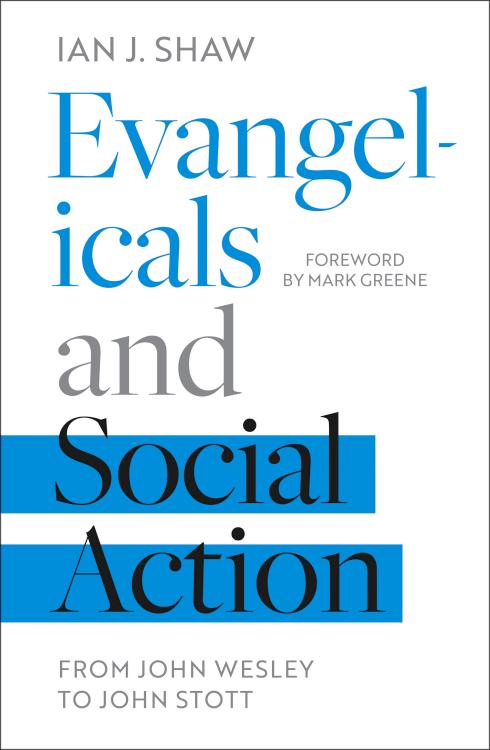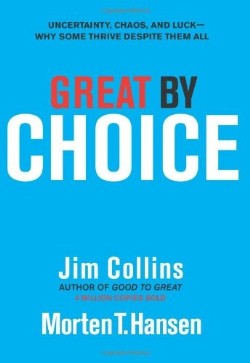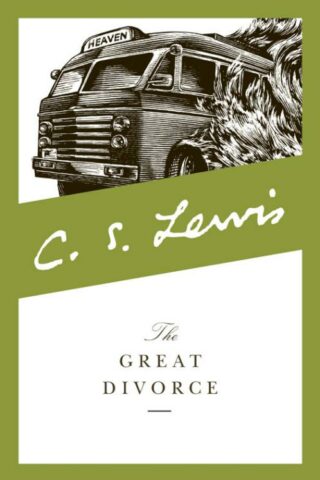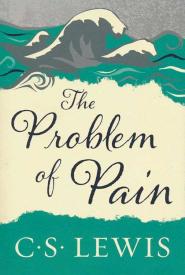Evangelicals And Social Action
$35.99
Evangelical Christians around the world have debated for years the extent to which they should be involved in ministries of social action and concern.
In Evangelicals and Social Action Ian J. Shaw offers clarity to these debates by tracing the historical involvement of the evangelical church with issues of social action. Focusing on thinking and practices from John Wesley, one of the architects of eighteenth century evangelicalism, to John Stott’s work in the second half of the twentieth century, he explores whether evangelism and social action really have been intimately related throughout the history of the church as Stott contended.
After an overview of Christian social action prior to Wesley, from the early church through to the eighteenth century, Evangelicals and Social Action explores in detail responses from the evangelical church around the world to eighteen key issues of social action and concern – including poverty, racial equality, addiction, children ‘at risk, ‘ slavery, unemployment, and learning disability – encountered between the 1730s and the 1970s. Drawn from a wide range of contexts, these examples illuminate and clarify how Evangelical Christianity has viewed and been a part of ministries of social action over the last three centuries.
With an assessment of the issues raised by this historical survey and its implications for evangelicals in the contemporary world, Evangelicals and Social Action is a book that will help better inform the debates around the evangelical church and social action still happening today. This is a book for anyone wanting to deepen their knowledge of the history of the evangelical church, and anyone wanting to better understand Christian social action from an evangelical perspective.
in stock within 3-5 days of online purchase
SKU (ISBN): 9781783596584
ISBN10: 1783596589
Ian Shaw
Binding: Trade Paper
Published: October 2021
Publisher: InterVarsity Press
Print On Demand Product
Related products
-
Great By Choice
$29.99Add to cartThe new question
Ten years after the worldwide bestseller Good to Great, Jim Collins returns with another groundbreaking work, this time to ask: Why do some companies thrive in uncertainty, even chaos, and others do not? Based on nine years of research, buttressed by rigorous analysis and infused with engaging stories, Collins and his colleague, Morten Hansen, enumerate the principles for building a truly great enterprise in unpredictable, tumultuous, and fast-moving times.The new study
Great by Choice distinguishes itself from Collins’s prior work by its focus not just on performance, but also on the type of unstable environments faced by leaders today.With a team of more than twenty researchers, Collins and Hansen studied companies that rose to greatness-beating their industry indexes by a minimum of ten times over fifteen years-in environments characterized by big forces and rapid shifts that leaders could not predict or control. The research team then contrasted these “10X companies” to a carefully selected set of comparison companies that failed to achieve greatness in similarly extreme environments.
The new findings
The study results were full of provocative surprises. Such as:The best leaders were not more risk taking, more visionary, and more creative than the comparisons; they were more disciplined, more empirical, and more paranoid.
Innovation by itself turns out not to be the trump card in a chaotic and uncertain world; more important is the ability to scale innovation, to blend creativity with discipline.
Following the belief that leading in a “fast world” always requires “fast decisions” and “fast action” is a good way to get killed.
The great companies changed less in reaction to a radically changing world than the comparison companies.
The authors challenge conventional wisdom with thought-provoking, sticky, and supremely practical concepts. They include: 10Xers; the 20 Mile March; Fire Bullets, Then Cannonballs; Leading above the Death Line; Zoom Out, Then Zoom In; and the SMaC Recipe.Finally, in the last chapter, Collins and Hansen present their most provocative and original analysis: defining, quantifying, and studying the role of luck. The great companies and the leaders who built them were not luckier than the comparisons, but they did get a higher Return on Luck.
This book is classic Collins: contrarian, data-driven, and uplifting. He and Hansen show convincingly that, even in a chaotic and uncer
-
Great Divorce
$17.99Add to cartC.S. Lewis takes us on a profound journey through both heaven and hell in this engaging allegorical tale. Using his extraordinary descriptive powers, Lewis introduces us to supernatural beings who will change the way we think about good and evil. In The Great Divorce C.S. Lewis again employs his formidable talent for fable and allegory. The writer, in a dream, finds himself in a bus which travels between Hell and Heaven. This is the starting point for an extraordinary meditation upon good and evil which takes issue with William Blake’s The Marriage of Heaven and Hell.
-
Problem Of Pain
$17.99Add to cartFor centuries Christians have been tormented by one question above all — If God is good and all-powerful, why does he allow his creatures to suffer pain? C. S. Lewis sets out to disentangle this knotty issue but wisely adds that in the end no intellectual solution can dispense with the necessity for patience and courage.






Reviews
There are no reviews yet.